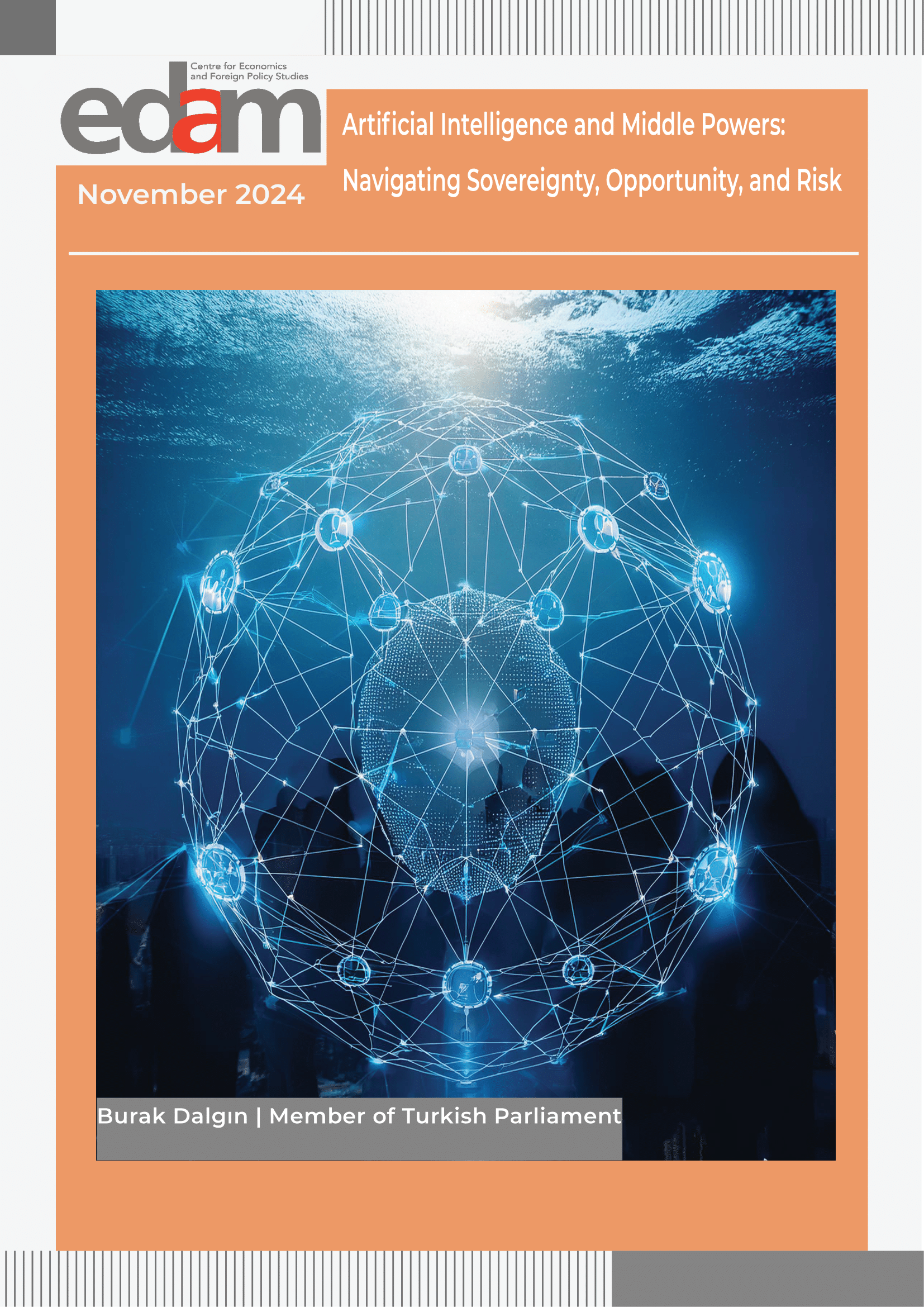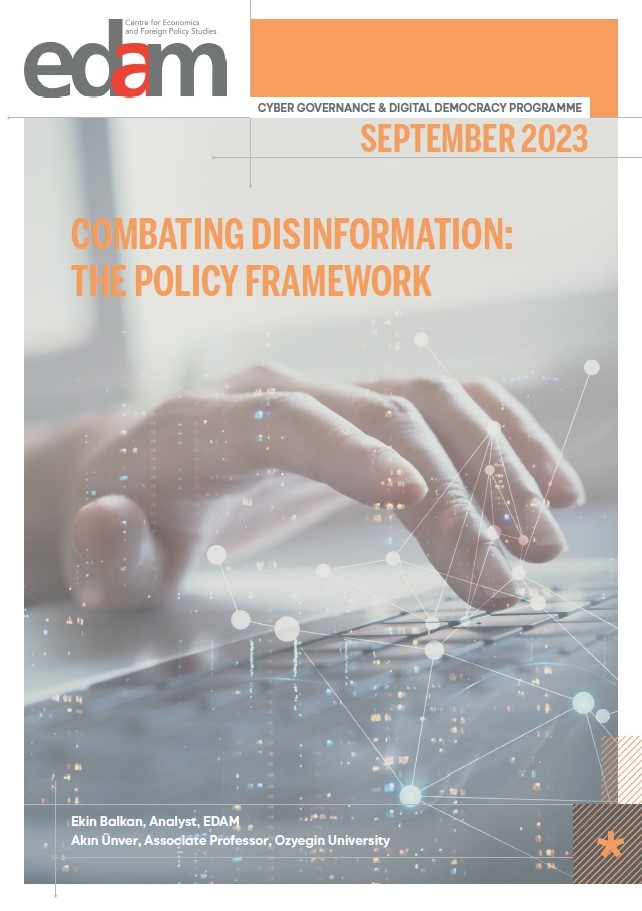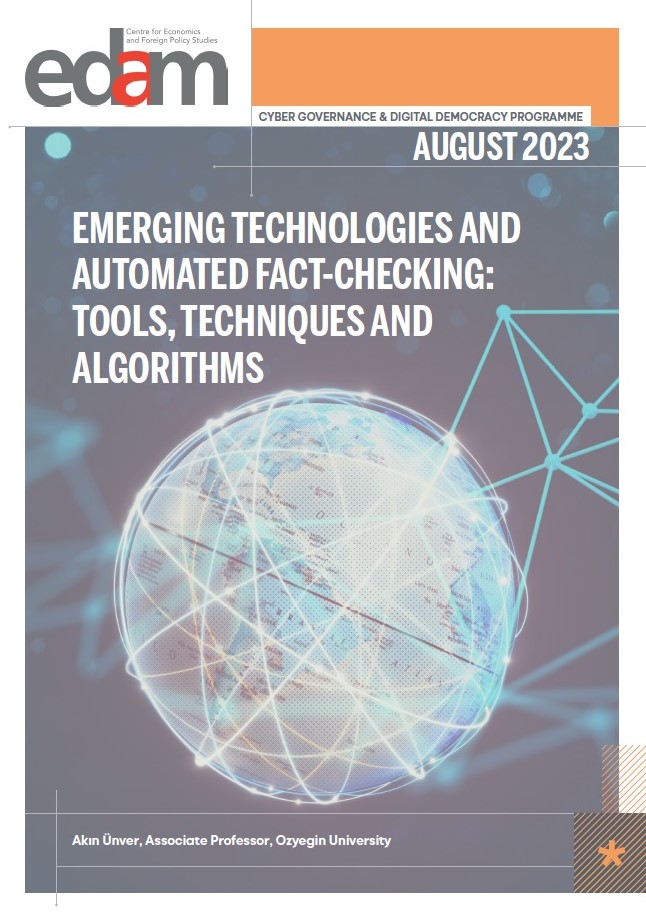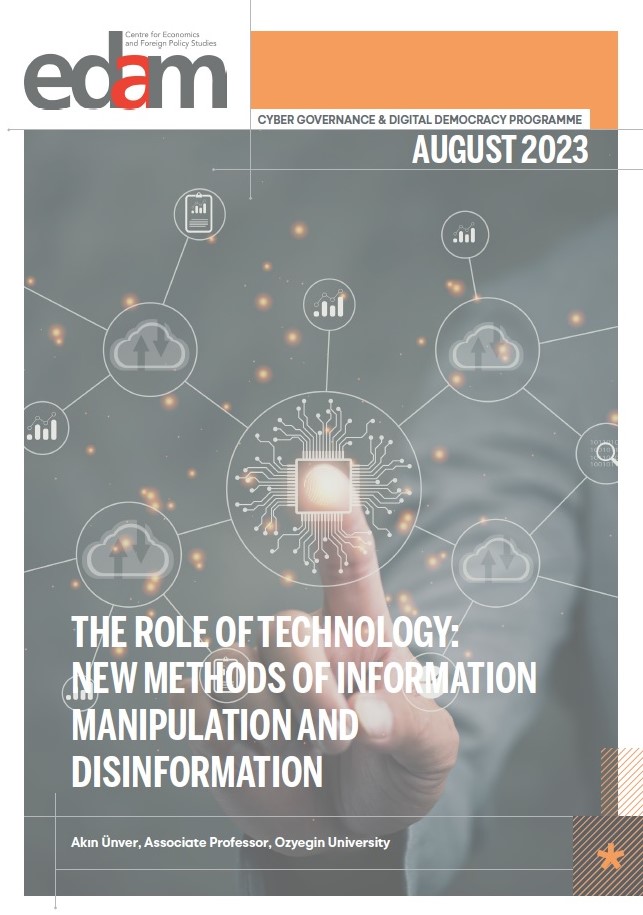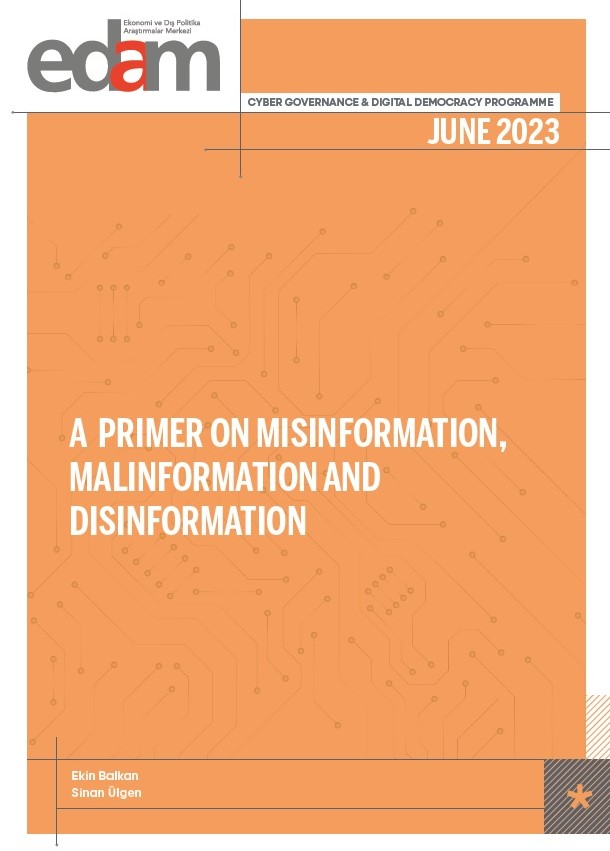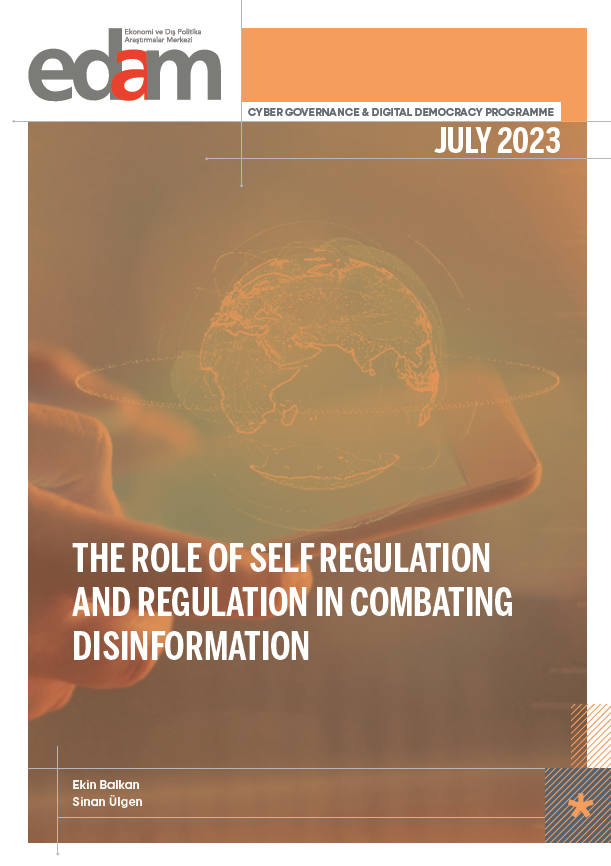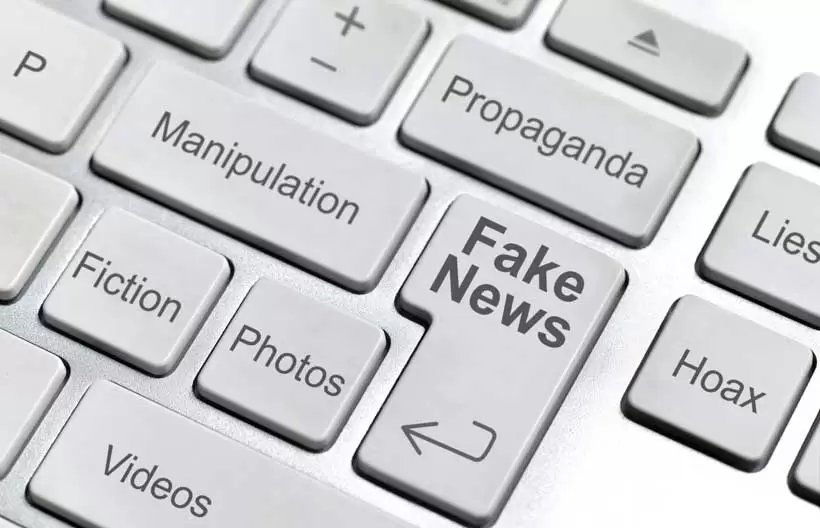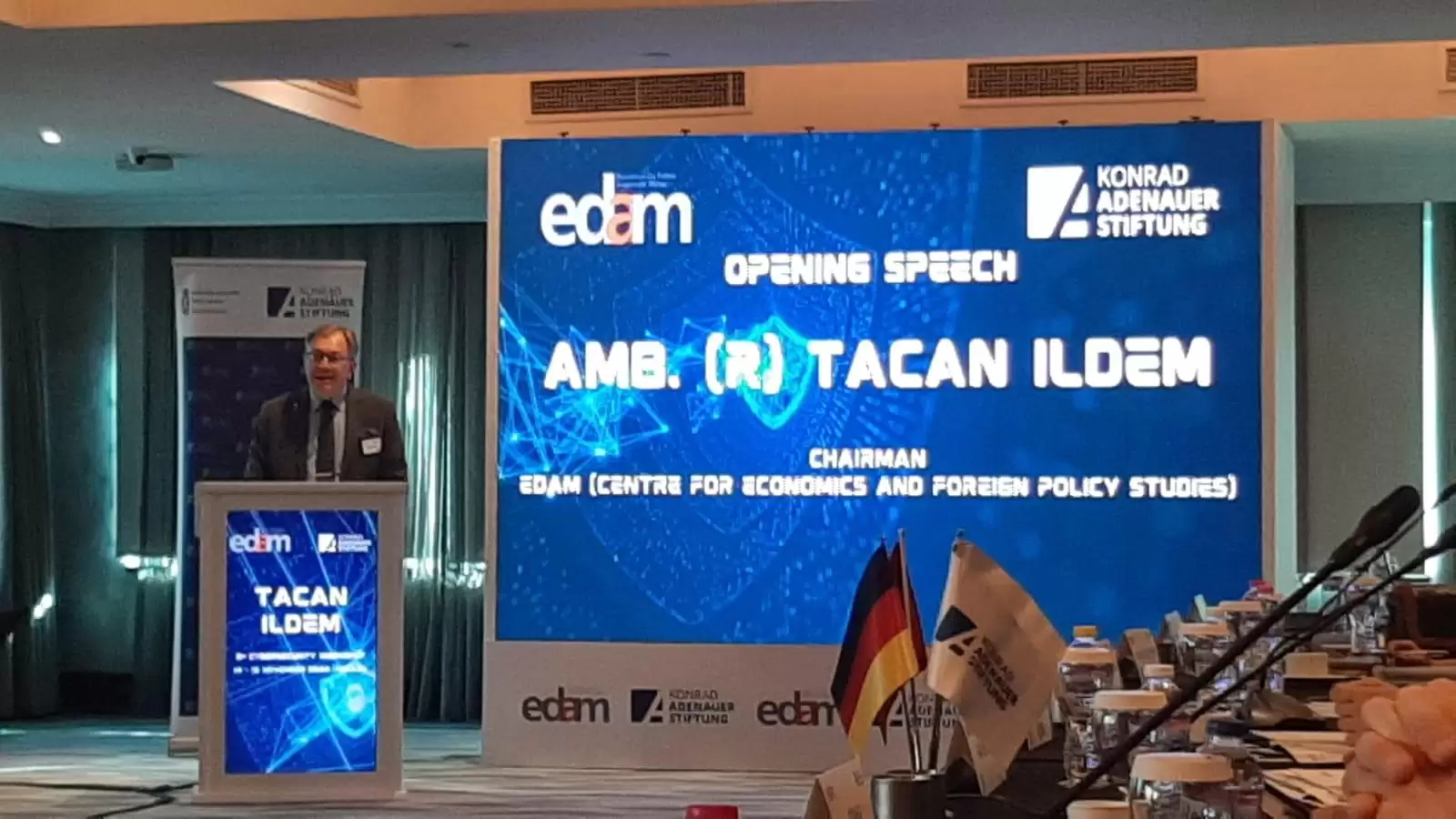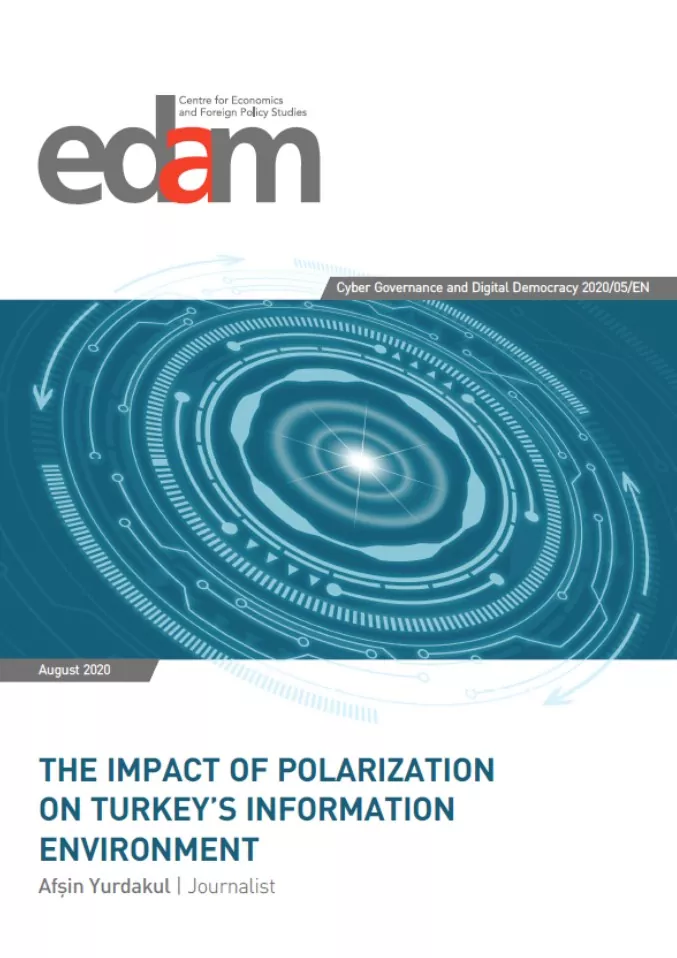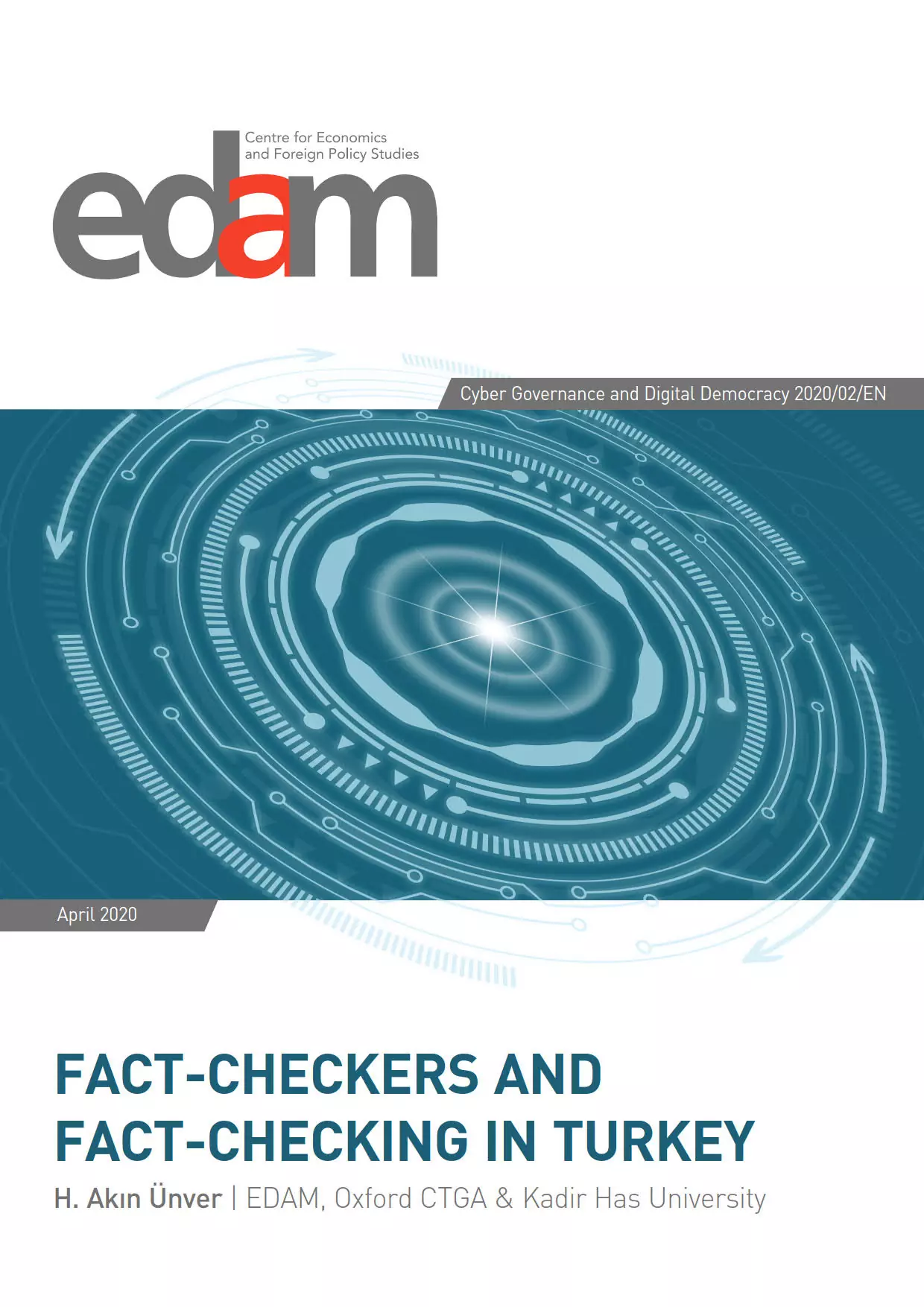
INTRODUCTION
In less than a decade, fact-checking around the world has grown into a new democratic practice, creating its own social and political institutions. Although the global awareness of, and demand for fact-checking grew after the 2016 US election and following European elections, the practice is as old as journalism itself. Fact-checking is generally viewed as one of the main antidotes against the scourge of disinformation and fake news. However, fact-checking can also produce unintended results. There is still insufficient evidence to support the claim that fact-checking leads to a change in beliefs among the target audience. Even in cases where there is an observable relationship between fact-checking and change in beliefs, this effect isn’t uniform and its effectiveness can significantly vary. There are even studies that demonstrate that fact-checking can, in fact, further entrench the initial effect of disinformation. Furthermore, the relationship between fact-checking and disinformation yields varied results across different political cultures and national media systems, necessitating more in-depth focus and more extensive study of their interaction in different nations.
As one of the most polarized, information-constrained and censorship-prone OECD countries, Turkey’s position in the broader global disinformation and fact-checking ecosystem merits greater focus as the Turkish context yields significant findings and relevant results for other emerging markets and democratically backsliding nations.
